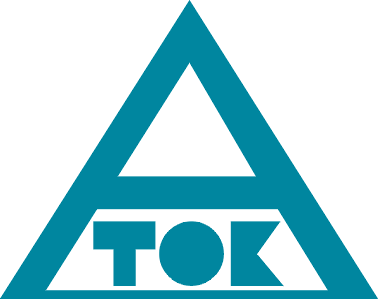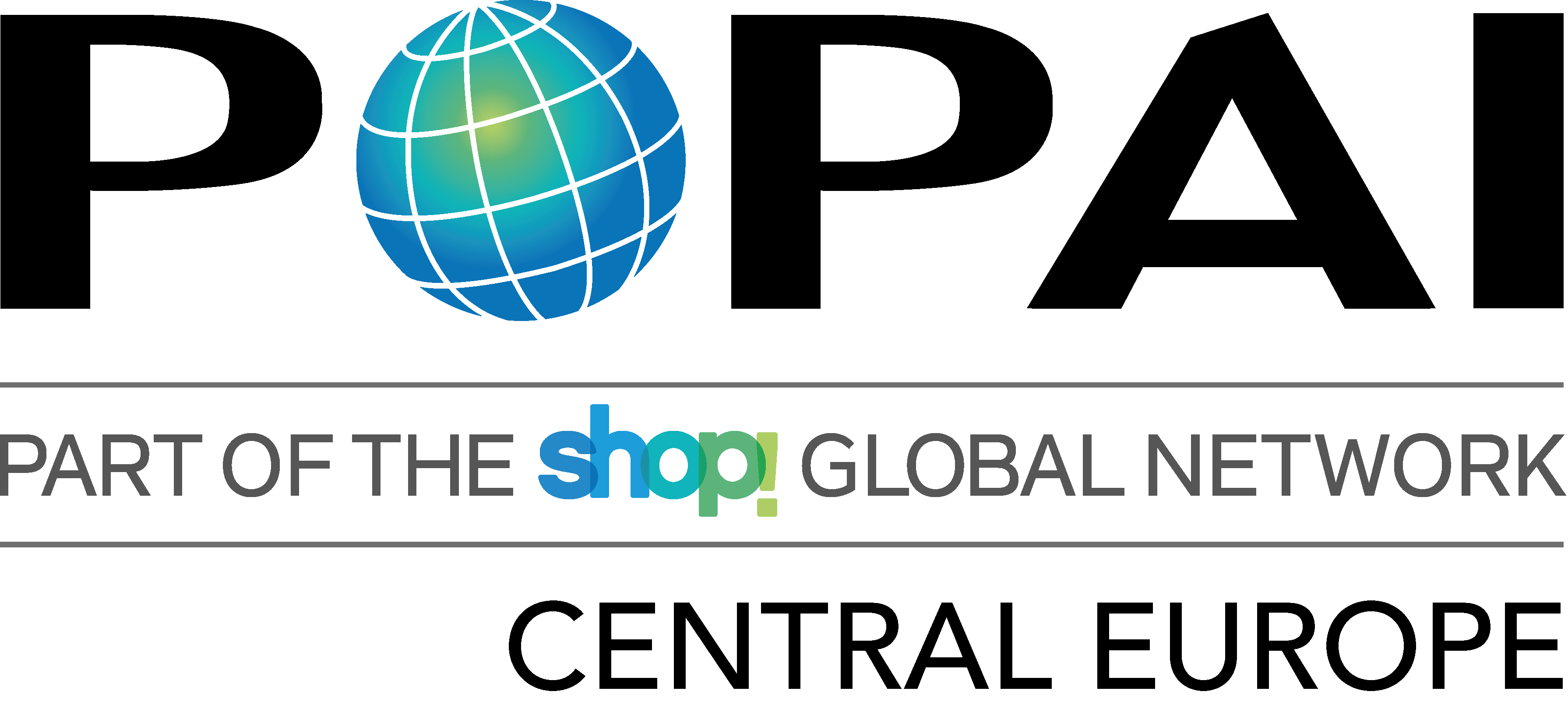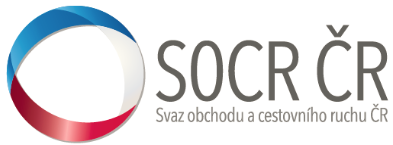In 2023, rental activity in the Czech and European retail markets significantly increased year-over-year, with a rise in the number of transactions and the volume of leased space across sectors and countries. The most active sectors were fashion and F&B (food and beverages) in both our country and Europe, with the health and beauty segment also growing rapidly.
The majority of last year’s rental transactions were carried out by retailers targeting mass-market consumers, with activity also growing among premium and luxury brands. Smaller stores, particularly those under 200 square meters, were usually leased, with a focus on spaces up to 600 square meters. This information was provided by a survey from the real estate consulting firm Cushman & Wakefield, a leader in this market, which analysed over 2,000 retail rental transactions in 13 European countries, including the Czech Republic.
Cushman & Wakefield completed 143 rental transactions on the Czech retail market last year. Nearly a quarter, 32 of them, were closed by fashion brands, another 30 occurred in the F&B segment, and 16 transactions took place in the health and beauty goods sector.
Fashion, refreshments, and lower-cost goods
Fashion brands continue to be major players in the retail sector, leasing nearly 40% of the total space in Europe and conducting 30% of transactions last year. In the Czech Republic, they accounted for 44% of the space and 22% of the transactions. Particularly active were brands from the Italian group Calzedonia (Calzedonia, Intimissimi, Tezenis, Falconeri, Signorvino) and the Polish LPP (Reserved, Cropp, House, Mohito, Sinsay).
The food and beverage (F&B) segment consistently holds the second position. In Europe, it leased 8% of the total space (14% in the Czech Republic) and accounted for 16% of transactions (20% in the Czech Republic). Notable players include Burger King and Starbucks, with the American chain Popeye’s also being active, opening its first two branches in the Czech Republic last year.
The health and beauty products segment was the fastest-growing last year. The volume of space leased by this segment doubled in Europe and increased by 143% in the Czech Republic, with the number of transactions increasing by 57% in Europe and 33% in the Czech Republic. They contributed to 7% of the total leased space in Europe and 8% in the Czech Republic, and made up 10% of European transactions and 11% in the Czech Republic. Among the very active brands were Rituals, Rossman, and Douglas.
The ‘mixed goods’ segment, which includes stores selling budget-friendly, design-oriented accessories, decorations, toys, and home or kitchen necessities, is worth noting. Typical representatives in the Czech market are Flying Tiger, Action, Pepco, and TEDi. Last year, they leased 35% more space in Europe than in the previous year. Internationally, brands like Miniso, Normal, and Søstrene Grene are particularly noteworthy.
Jan Kotrbáček, Head of Retail Agency, Central and Eastern Europe, Cushman & Wakefield: “The increase in retail market activity is driven by inflation easing, consumer activity recovery, and improved tourism volume. This trend has also been reflected in the discount retail sector and retail parks.”
Mass consumer, smaller shops
Nearly 70% of European transactions, both in terms of quantity and leased space, were carried out by brands targeting mass-market consumers. In the Czech Republic, this figure was 75%. Only 10% of transactions (4% in the Czech Republic) occurred in the premium segment, while luxury or discount sectors accounted for just a few percent.
Over 80% of rental transactions in Europe last year were related to smaller retail spaces (up to 600 square meters), which attracted significant interest across all segments. These smaller spaces contributed to more than a third of the total leased area. Conversely, larger spaces above 2,000 square meters experienced a 30% decline, attributed to the post-pandemic slowdown in the hobby markets and household equipment segment.
Jan Kotrbáček, Head of Retail Agency, Central and Eastern Europe, Cushman & Wakefield: “On the Czech market, we observed a significant increase in activity on high streets, which are the main shopping streets in city centers. Year-over-year, the number of transactions doubled (a 106% increase), and the leased area also grew substantially (a 97% increase). This growth can be attributed to the completion of transactions that were delayed in previous years due to the uncertain COVID-19 period. Additionally, more opportunities emerged, allowing strong companies to secure unique spaces in strategic locations for the next decade—spaces that historically were not available.”
Looking ahead
Consumer confidence improved last year, and Cushman & Wakefield expects this trend to continue throughout 2024. However, the pace of improvement is expected to remain restrained as consumers feel the impact of persisting cost of living pressures, geopolitical tensions, and wider economic concerns.
The outlook remains cautiously optimistic, with expectations that retail sales volume growth will accelerate in the second half of 2024, although the growth should remain moderate. Retailers will continue to face margin pressures in the short term, particularly with the additional challenge posed by recent cost increases.
Jan Kotrbáček, partner and head of the retail leasing team for Central and Eastern Europe at Cushman & Wakefield: “Customers are becoming increasingly demanding and expect more from brands than ever before. Multichannel sales accelerate the need for continuous improvement, and retailers are focusing on maximizing their shops to move closer to these demands. This emphasis on store requirements means that retailers themselves are becoming more demanding than ever.”
Source: Cushman & Wakefield
Prague, July 13, 2024










